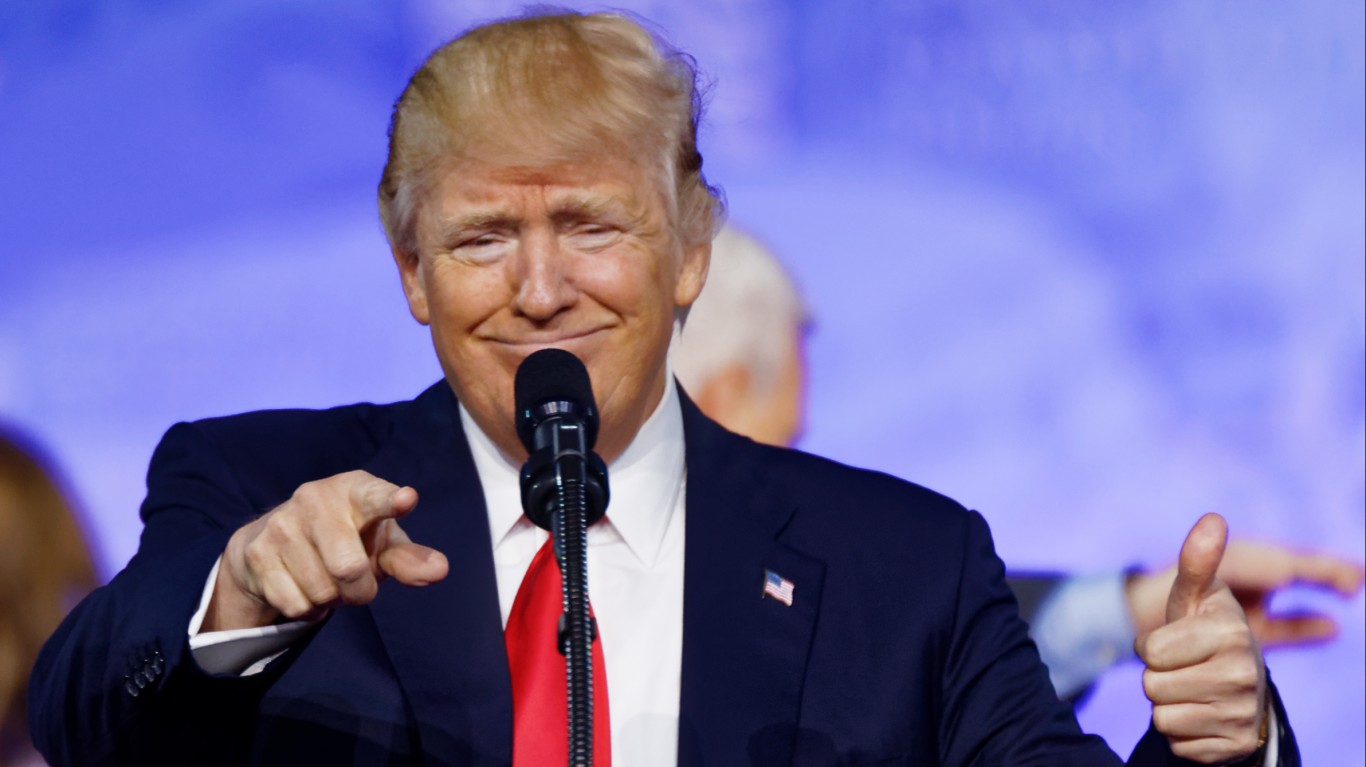
"President Trump's reciprocal tariff policy has turned the international trade world on its head for any nation reliant on the US market. The televised revelations exposed how much of a disadvantage US companies have been working under for their exports. President Trump's tariffs are an attempt to level the playing field, and based on the revenues that have come into the US Treasury so far according to Treasury Secretary Scott Bessent, it has been an unequivocal success."
"However, President Trump left an out - companies that established manufacturing facilities in the US that would create investment and jobs on US soil would have zero tariff levies on those US made goods in the US market. As a result, a number of major US companies began reshoring US manufacturing from various foreign nations. But foreign companies also made the decision to use US labor, though not all in the same manner."
President Trump's reciprocal tariff policy imposed tariffs to correct perceived disadvantages for US exporters and generated substantial revenues for the US Treasury according to Treasury Secretary Scott Bessent. A carve-out exempted goods manufactured in the United States from tariff levies, incentivizing companies to establish or reshore manufacturing and create domestic jobs. Several major US firms began reshoring production, and some foreign multinationals chose to use US labor to access the US market without tariffs. The administration framed reliance on foreign-produced medicines as a national security risk and signed Executive Orders 13944 and 14336 to boost domestic production and create a Strategic Active Pharmaceutical Ingredients Reserve, noting that only 10% of APIs for U.S. prescription drugs are domestically manufactured. Roche, a Swiss pharmaceutical company founded in 1896 and based in Basel, is cited as an example of firms responding to these policies.
Read at 24/7 Wall St.
Unable to calculate read time
Collection
[
|
...
]